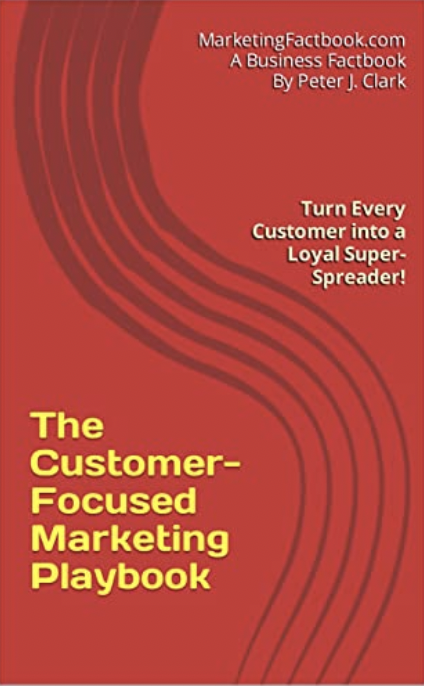Most consumers will swap brands for a good cause
Despite the recession, consumers are still spending with companies and brands that have a clear social purpose, according to third annual Edelman Good Purpose Consumer Study which surveyed 6,000 people in ten countries.
In fact, 57% of consumers globally feel that a company or brand has earned their business because it has been doing its part to support good causes (with Asian countries coming in highest, with China scoring 85% and India scoring 84%).
Two out of three consumers (67%) also said they would switch brands if another brand of similar quality supported a good cause (with Brazil peaking at 83% and Italy following at 74%).
The study also found that 83% of consumers are willing to change their consumption habits if it can help make the world a better place to live in, suggesting a growing trend away from traditional 'status markers' (such as big houses and luxury cars), toward greater identification with social purpose brands. For example, more than twice as many people (67%) would rather drive a hybrid car than a luxury car (33%), rising to 89% in Japan and 84% in France.
Considerably more consumers (70%) said they would prefer to live in an 'eco-friendly house' rather than a 'big house' (30%), and 68% also feel that it is becoming more unacceptable not to make noticeable efforts to show concern for the environment (rising to 82% in China) and live a healthy lifestyle (again rising to 87% in China).
While 69% of consumers would rather use a brand that supports the livelihood of local producers than a designer brand (for only 31% declared their support), consumers in North America and most European countries, as well as Brazil, overwhelmingly prefer supporting the livelihood of local producers (more than 80% in each case).
Among the study's other key findings:
- 71% think brands and companies spend too much on advertising and marketing and should put more into good causes;
- 64% would recommend a brand that supports a good cause, up from 52% in 2008;
- 59% would help a brand promote its products if there was a good cause behind it, up from 53% in 2008;
- 44% are aware of brands that actively support good causes through their products and services, up from 33% in 2008;
- 64% would recommend a brand that supports a good cause;
- 64% expect all brands to support a good cause;
- 63% are looking toward brands and companies to make it easier for them to make a difference in the world;
- 61% said they have bought a brand that supports a good cause even if it wasn't the cheapest brand available.
"Consumers all over the world are now wearing, driving, eating, and living their social purpose as sustained engagement with good causes becomes a new criterion for social status," concluded Mitch Markson, Edelman's chief creative officer. "This gives companies and brands associated with a worthy cause an opportunity to build long-term relationships with consumers that, in turn, will allow them to feel valuable within their own communities."
Sources: Edelman / The Marketing Factbook.
Copyright © 2009 - 2025 The Marketing Factbook.
Categorised as:
- Customer Experience
- Knowing The Customer
- Marketing Know-How
